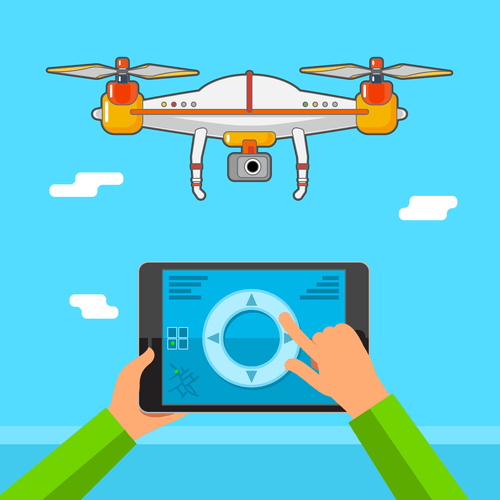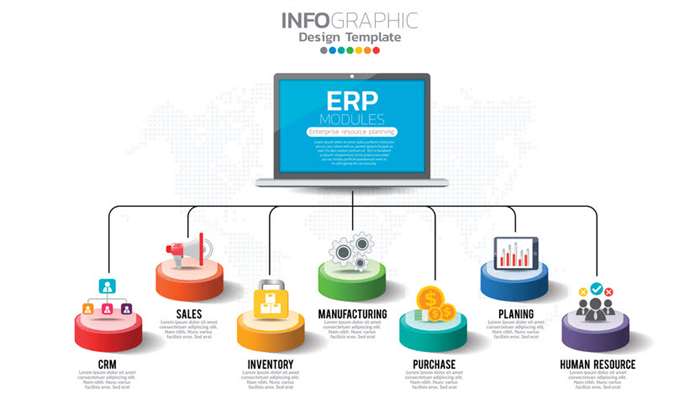The Biggest Benefits of Mobile Apps for Businesses in 2023
This results in higher stability, better performance, relatively easy maintenance, and facilitated scalability. Thus, you won’t need to allocate a lot of resources to post-release maintenance and fixes. The OS also gives native apps direct access to device capabilities like the microphone and camera. Not only does it open up these features to the app, but they can also use them at the best performance.

In addition, you need to test both native and web components in a hybrid app, which requires different approaches. The developers, then, aim to maximize testing times without sacrificing integrity and thoroughness. But the longer testing schedules of cross-platform and hybrid apps make this a challenge.
Web applications
Native apps run much faster than non-native apps because they are written in languages that are fully supported by the platform’s ecosystems. They tend to run more smoothly, too, as they have access to exclusive APIs and components which are optimized for different screen sizes and system versions. Hybrid apps are also heavily dependent on third-party frameworks – which are rarely updated and often contain security holes. It’s hard to create a native-feeling experience, and their performance is significantly lower compared to that of native apps. For example, managing large sets of data may be more comfortable on the larger screen of a tablet or computer, even within a web-based app. On the contrary, a microtransactions-based arcade game can be more playable on a phone, so you may want to consider mobile app development instead.

The choice of dev approach largely depends on your business requirements. But we believe all the advantages and reasons given today will encourage you to opt for native development. If you already have a well-optimized mobile website, you can easily convert this to mobile apps using MobiLoud.
Native mobile apps integrate better with mobile hardware
Learn the pointers for choosing an approach for your app as you read about the basic types, their pros and features. A mobile app is the perfect tool to engage customers, foster loyalty, and https://globalcloudteam.com/5-key-benefits-of-native-mobile-app-development/ retain your most valuable users. But you get it much faster, at a much lower investment, and with much less work going forward (as you don’t need to manage multiple platforms separately).

In the context of mobile solutions, there are five main advantages of native development that usually cause the IT team and business leaders to choose this approach. The mobile app development process can at times seem long and arduous. However, all of the challenges fade when you start seeing the benefits of all that hard work. As you may know, there are consumer and enterprise apps, and native development can be used for both. You can achieve this same effect, fostering deeper customer relationships and holding on to more customers long-term, by building your own mobile apps for your business. Web applications don’t have the same unrestricted access to a mobile device’s features like camera, GPS, near field communication, and push notifications.
Top Advantages of Native Mobile App Development for Businesses!
The API for some hardware features are exposed, but not all of them, and not on all devices. Web apps are not tied to a specific platform or device; as such, they are highly flexible and can be easily adapted to changing user needs or technology. This makes it easier for businesses to update and improve their app over time. Since web apps are accessed via a web browser, they can be used on any device with a web browser and an internet connection.
- It means that you need to build one application that covers multiple operating systems at once.
- These types of apps inherit the device’s operating system interface, and they also improve application performance and look and feel.
- The number of applications is constantly increasing, and people are spending more and more time on their phones.
- Hence there will be a reduced learning curve and people will understand the ways of navigation in your application.
- Progressive Web Application combines the best features of mobile applications and websites.
- Alibaba, the global eCommerce giant, adopted a PWA to improve the mobile shopping experience for its users.
- Furthermore, native mobile applications have access to devise hardware and capabilities, such as sensors and cameras, that are not available via a mobile browser interface alone.
Apps are built for loyalty, retention and customer satisfaction, are more effective for mobile commerce, and offer more monetization potential. They also let you get into the app stores, which is a show of legitimacy for your brand. This is a bold claim, but the only disadvantage to building a web application over a native app is the limited access to native hardware. Additionally, offline accessibility can improve the performance and reliability of the app, as it does not have to rely on a constant internet connection to function properly. This can make the app more stable and less likely to crash or experience errors, improving the user experience.
Access to device features
Since native apps are developed for multiple platforms, it requires more time. Native apps may require significant amount of time for making compared to their counterparts. Developers of native app have to take time to write codes for specific O/S.
They also use the core programming language and APIs of their respective platforms. As a result, code executions and API calls are optimized for speed and efficiency. Our skilled team has been providing mobile app design and development services for over five years. During this time, we completed more than 130 projects and received 37 awards as a top-rated design agency. Because you don’t need to ensure that the newly added functionalities are compatible with the two platforms. Developing a platform-specific mobile application also improves user experience and interface.
What is an example of a native mobile app?
In that case, you can start with the native approach and then use some cross-platform code. Developing a native app is a difficult process since separate developers are needed for each platform. For an example, different developers must be hired to develop Android and IOS version of the same application. The overall cost involved in the development and maintenance of a native app is considerably higher. This is due to the fact that there should be separate versions of the same application.
